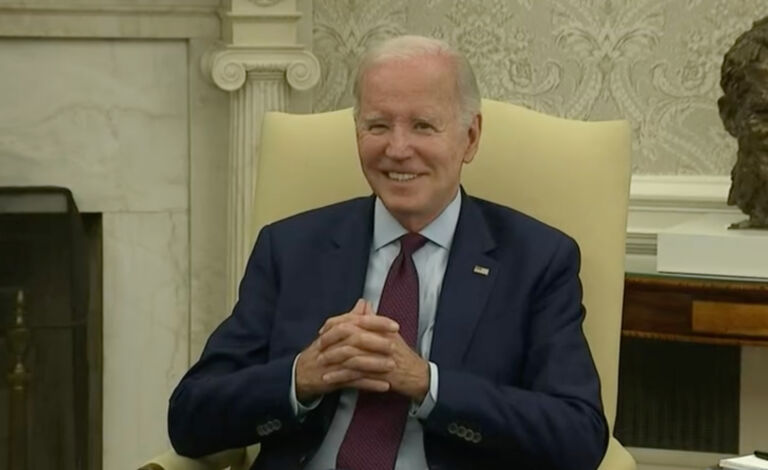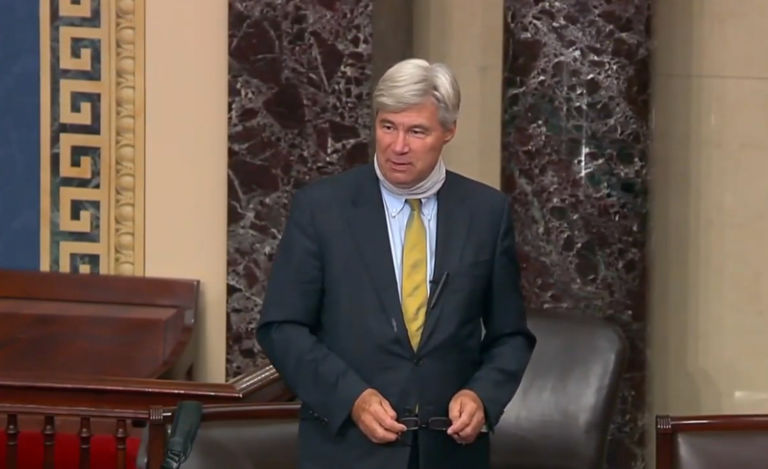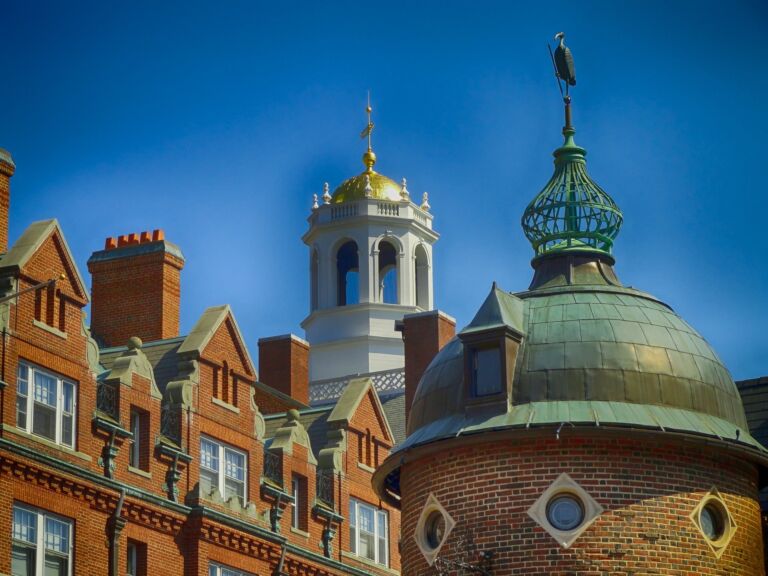The "good" news is that, in this year’s Super Bowl battle over which team fleeces its home city’s taxpayers the least, Broncos or the Panthers, the winner is the Panthers by a pretty wide margin. According to this article by the Manhattan Institute’s Jared Meyer (originally published in Forbes), the taxpayers of Denver were forced to cough up 75 percent of the cost of Sports Authority Field, or $300 million. On the other hand, Charlotte’s taxpayers have been blessed with "only" having to provide 30 percent of what it cost to build Bank of America Stadium, or about $165 million.
According to Meyer, here’s how it breaks down:
Denver Broncos
The Denver Broncos play at Sports Authority Field at Mile High Stadium. Taxpayers took on a $300 million share of the $400 million cost of the stadium when construction began in 2002. One of the ways this public financing was paid for was through a 0.1 percent sales tax that was applied to taxpayers in six Colorado counties until 2012.
Even though taxpayers funded the majority of the stadium, they are forced to split the $6 million annual profits from naming rights 50-50 with the Broncos. Instead of the operating revenues going back to the taxpayers, Sports Authority Field’s proceeds go to the Broncos’ billionaire owners, the Bowlen family.
Carolina Panthers
The Panthers’ home field since 1996, Bank of America Stadium in Charlotte, North Carolina, was billed as "privately financed," even though the city provided $40 million for land, and the county provided $10 million for building relocation.
In April 2013 the Charlotte City Council voted unanimously to give the Panthers $87.5 million to upgrade their stadium and renovate luxury suites. In exchange for this handout, the Panthers promised to stay in Charlotte for six more years. One of the reasons for the package’s unanimous approval was a fear that the team would pack up and move to the Los Angeles area.
Unfortunately the use of taxpayer money to line the pockets of rich NFL franchises is not limited to Charlotte and Denver. In fact these wealth transfers dominate the league. Meyer points out that:
The NFL is by far the most valuable sports team in the world. Team owners do not need taxpayer aid to turn a profit, yet this problem is only growing. Public funding for stadiums completed in the 2000s was 70 percent higher than for those completed in the 1990s. League-wide, about 70 percent of the capital cost of NFL stadiums has been provided by taxpayers, not NFL owners.
If this doesn’t qualify as welfare for the rich it is difficult to figure out what would.
Click here for the Economics & Environment Update archive.
You can unsubscribe to this and all future e-mails from the John Locke Foundation by clicking the "Manage Subscriptions" button at the top of this newsletter.


